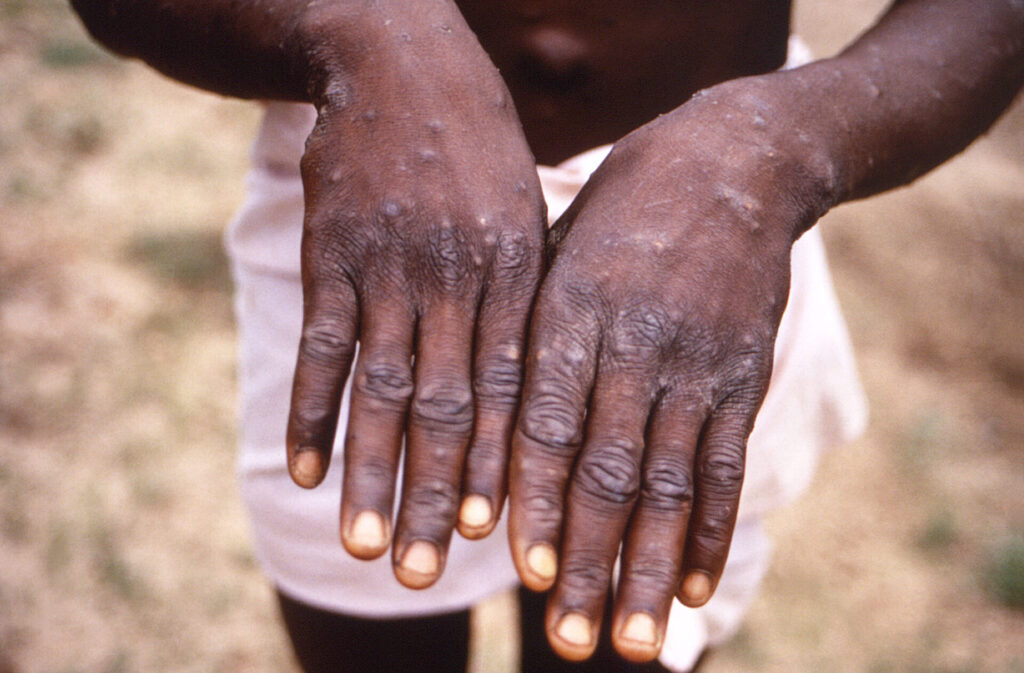Africa is facing a critical funding shortfall of more than $220 million needed to maintain and expand its efforts in combating the ongoing mpox outbreak. The virus continues to spread rapidly across the continent and beyond, prompting urgent calls for increased support and investment in response initiatives.
A recently updated Continental Response Plan has outlined immediate priorities for containing the outbreak, enhancing vaccination campaigns, and establishing a long-term, sustainable strategy to manage the disease. The plan emphasizes the integration of mpox prevention into regular health services to ensure resilience against future outbreaks.
Over $220 million is urgently required to bridge the current funding gap. The updated plan highlights the need for intensified action, especially in improving disease surveillance, accelerating vaccination rollout, and strengthening healthcare systems in affected regions.
The outbreak, which has escalated significantly since early 2025, saw mpox cases reported in 60 countries within the first two months of the year. The majority of these infections and related deaths occurred in Africa. The Continental Response Plan has been aligned with the global strategic framework aimed at curbing and ultimately stopping human-to-human transmission of the virus.
Efforts continue to focus on reducing transmission rates, controlling the spread, and building resilient public health infrastructures. The virus, traditionally a zoonotic disease transmitted from animals to humans, is now increasingly spread through close human contact, including sexual transmission.
A variant of the virus, clade IIb, began spreading globally through sexual contact in 2022. Another strain, clade Ib, emerged in late 2023, transmitting through sexual networks, household contacts, and other forms of close interaction. This development led to the declaration of a Public Health Emergency of Continental Security and, later, a Public Health Emergency of International Concern.
By August 2024, clade Ib had spread from the Democratic Republic of the Congo to four neighboring countries. Since then, 28 countries around the world have reported cases linked to this variant. While most cases outside Africa remain associated with travel, local transmission has been documented in numerous African countries, including Burundi, Kenya, Rwanda, Uganda, South Africa, South Sudan, Tanzania, and Zambia.
The Democratic Republic of the Congo remains the epicenter of the outbreak. Despite international support, response efforts face major challenges due to ongoing conflict and instability in the eastern regions of the country. These conditions continue to hinder access to essential healthcare and public health services.
Key areas of focus under the Joint Continental Mpox Plan include coordination, risk communication, community engagement, disease surveillance, laboratory capacity, clinical management, infection prevention and control, vaccination, research, logistics, and the continuity of essential health services.
Vaccination efforts have made some headway. More than 650,000 doses have been administered in six countries, with the Democratic Republic of the Congo accounting for 90% of them. Over one million doses have been delivered to ten countries in total, with additional supplies being sought to expand coverage.
There has also been a significant increase in diagnostic testing capacity. The number of laboratories capable of testing for mpox in the Democratic Republic of the Congo has grown from just two in late 2023 to 23 across 12 provinces. The rollout of near-point-of-care testing is expected to further boost diagnostic capabilities.
Despite these gains, the public health response remains severely underfunded. Without urgent financial support, progress made in controlling the mpox outbreak risks being undermined, potentially allowing the virus to spread further and pose greater global health threats.

